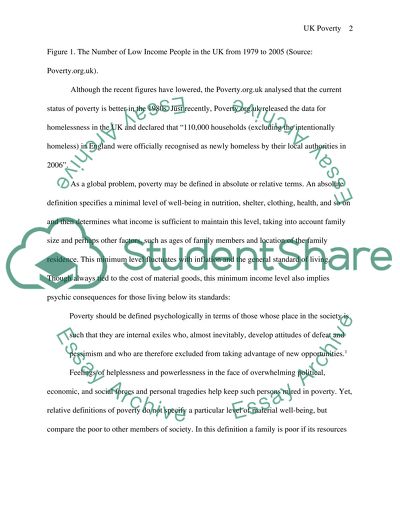Cite this document
(“The Reality behind Poverty in the UK Essay Example | Topics and Well Written Essays - 2000 words”, n.d.)
The Reality behind Poverty in the UK Essay Example | Topics and Well Written Essays - 2000 words. Retrieved from https://studentshare.org/sociology/1523265-the-reality-behind-poverty-in-the-uk
The Reality behind Poverty in the UK Essay Example | Topics and Well Written Essays - 2000 words. Retrieved from https://studentshare.org/sociology/1523265-the-reality-behind-poverty-in-the-uk
(The Reality Behind Poverty in the UK Essay Example | Topics and Well Written Essays - 2000 Words)
The Reality Behind Poverty in the UK Essay Example | Topics and Well Written Essays - 2000 Words. https://studentshare.org/sociology/1523265-the-reality-behind-poverty-in-the-uk.
The Reality Behind Poverty in the UK Essay Example | Topics and Well Written Essays - 2000 Words. https://studentshare.org/sociology/1523265-the-reality-behind-poverty-in-the-uk.
“The Reality Behind Poverty in the UK Essay Example | Topics and Well Written Essays - 2000 Words”, n.d. https://studentshare.org/sociology/1523265-the-reality-behind-poverty-in-the-uk.


